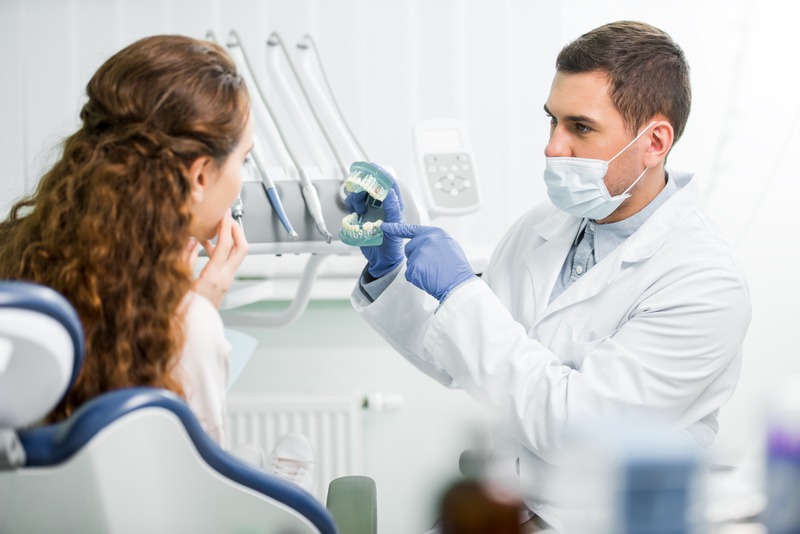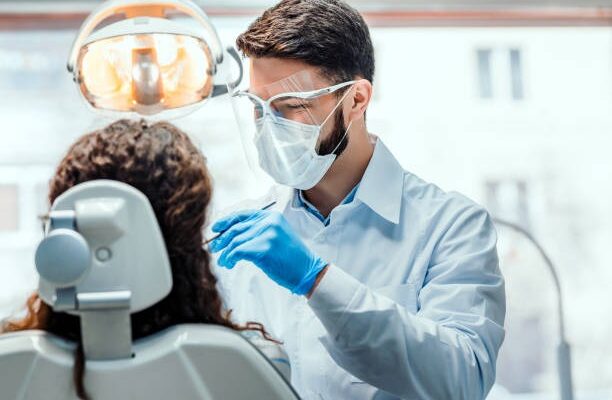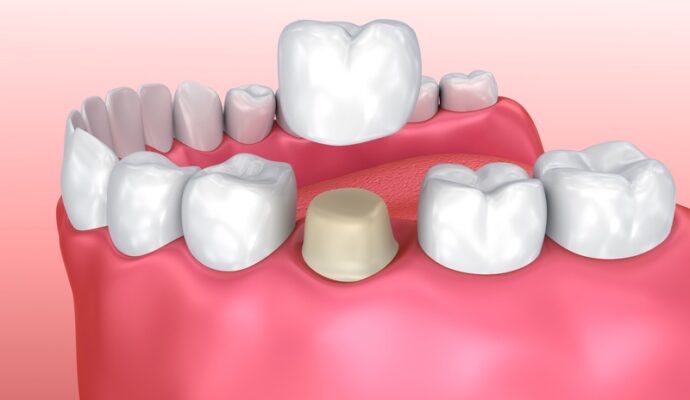There’s a common understanding that not all dental situations require immediate attention. However, knowing when to seek urgent care can save a tooth, alleviate severe pain, or even prevent a life-threatening infection. Dental emergencies often come with discomfort and anxiety, but prompt action and a visit to a trusted dental health professional can handle these critical situations effectively.
Types of Dental Emergencies
Dental emergencies vary widely, from injuries caused by accidents to sudden onset of pain due to long-standing dental issues. The uncertainty of what truly constitutes a dental emergency can lead to delayed treatment or unnecessary panic. Here are several scenarios that are generally recognized as requiring immediate dental care:
Severe Toothache
Intense pain that impedes daily activities is a signal you might need urgent dental care. This kind of toothache can be a symptom of serious underlying problems such as infection or decay reaching the tooth’s pulp.
Knocked-Out Tooth
Accidents happen, and when a tooth is completely dislodged, time is of the essence. Properly preserved and quickly addressed, there’s a chance that the tooth can be re-inserted and preserved by a dental professional.
Cracked or Broken Teeth
Significant damage to a tooth can lead to further complications if not treated promptly. Cracks can open the door to infections, while breaks might affect deeper structures of the tooth, leading to intense pain or tooth death.
Uncontrolled Bleeding
Consistent bleeding after a dental procedure or from an injury could indicate a serious issue and warrants immediate examination and intervention by a dental professional.
Signs of Infection
Swelling, along with fever, a foul taste, or consistent pain, can all be signs of an infection in the mouth, which may further spread, leading to more systemic issues if left untreated.
Lost Filling or Crown
While it may not seem as urgent as other issues, a lost filling or crown can be painful and further damage can occur to an unprotected tooth over time.
If a tooth’s nerve is infected or the pulp is damaged, one way to preserve the tooth and prevent extraction is to explore root canal treatment options. This procedure, which should be carried out as soon as possible to avoid further infection or decay, is routinely used to save a tooth in distress and restore it to health.
When to Seek Immediate Care
Determining the right time to seek emergency dental care can be critical. If you’re experiencing any of these symptoms, it’s advisable to seek help as soon as possible:
-
Severe pain that does not subside with over-the-counter pain medication
-
Noticeable swelling in the mouth or facial area
-
Bleeding that continues without stopping
These can be signs of a serious condition that needs to be evaluated by a dentist immediately. In cases of severe decay or trauma where a tooth cannot be saved, professional tooth extractions in Dallas may be necessary.
These types of extractions are performed to prevent the spread of infection and alleviate severe pain. They are one of the many emergency procedures that require the skilled hands of an experienced dental professional.
Non-Emergency Dental Situations
Contrastingly, only some dental situations require immediate attention. Minor toothaches, small chips, or lost dental appliances, while inconvenient, often do not qualify as emergencies. In these cases, you can usually wait for a regular appointment to address these concerns.
Preventing Dental Emergencies
Besides understanding when to seek help, it’s beneficial to take steps to minimize the risk of dental emergencies. Adopting the following habits could spare you the discomfort and urgency of an unforeseen dental crisis:
-
Maintain a consistent oral hygiene routine, including regular brushing and flossing.
-
Visit your dentist for regular check-ups and cleanings.
-
Protect your teeth during sports or physical activities by using a mouthguard.
These actions help keep your teeth stronger and more resilient to injury and infection.
Handling a Dental Emergency
In the event of a dental emergency, the way you respond can be very important. Try your best to remain calm; this will help you think clearly and act appropriately. The next step is to get in touch with a dentist right away. They can give you advice on what to do to take care of yourself before you can be seen for treatment. steps should only be used to manage the situation temporarily; it is always necessary to follow up with a dentist for proper evaluation and treatment.
-
Contact a dentist immediately – In a dental emergency, getting in touch with a dentist as soon as possible is important. They are trained to handle these situations and can guide you on the immediate actions to take.
-
Rinse with warm water – If your emergency involves a toothache or a broken tooth, rinsing gently with warm water can help cleanse the area and may provide some pain relief.
-
Use a cold compress – Applying something cold to the outside of your cheek, like a cold pack or even a bag of frozen peas, can help to reduce swelling and numb the pain temporarily.
-
Take pain relievers – Over-the-counter pain medications can help in reducing discomfort until you’re able to see a dentist. Be sure to follow the instructions when using any medication.
While these steps can help manage a dental emergency temporarily, they do not replace the need for professional dental care. Always seek a dentist’s expertise to treat the underlying problem effectively. If the pain is severe or if you’re experiencing persistent bleeding, it may be appropriate to seek care at an emergency dental clinic or an emergency room.
Closing Remarks
In summary, recognizing what dental procedures fall under the category of emergencies can be life-saving. From severe infections to traumatic injuries, being able to identify these situations ensures timely and effective treatment. Always have a plan for dental emergencies and don’t hesitate to seek professional guidance when in doubt. Regular dental visits and preventive care remain the best defense against the unexpected, ensuring that you maintain optimal oral health.




